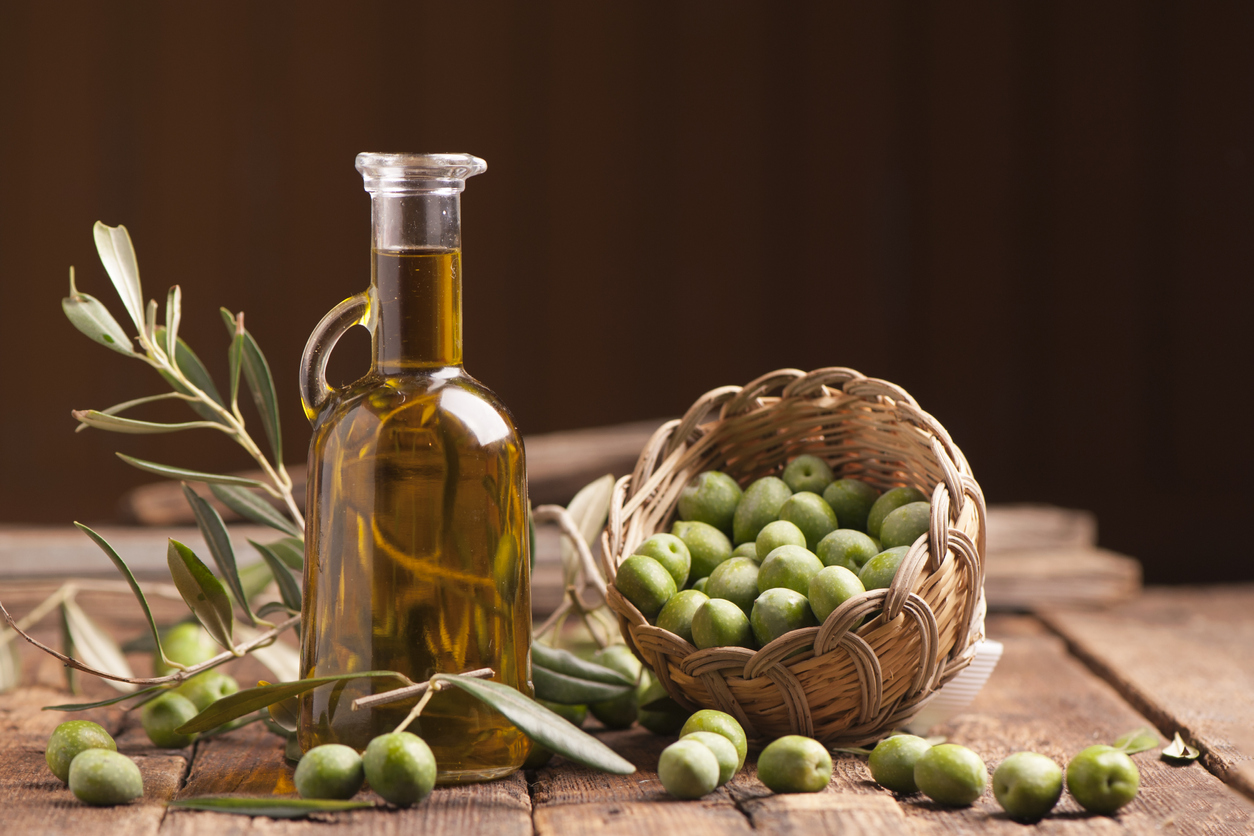Explore the World of Extra Virgin Olive Oil: From Tree to Table
Extra virgin olive oil is not only a staple in Mediterranean cuisine but also renowned for its exceptional flavor and health benefits. In this comprehensive guide, we delve into the journey of extra virgin olive oil from tree to table, uncovering its unique characteristics and culinary uses. Whether you’re a seasoned enthusiast or new to the world of olive oil, this guide will provide valuable insights into the richness of extra virgin olive oil.
Key Takeaways:
- Extra virgin olive oil is the highest grade of olive oil, prized for its superior taste and quality.
- The production process involves careful harvesting of ripe olives, followed by cold pressing to extract the oil.
- Extra virgin olive oil is rich in antioxidants and healthy fats, making it beneficial for heart health and overall well-being.
- Incorporating extra virgin olive oil into your diet can enhance the flavor of dishes and provide numerous health benefits.
So, what is it?
Extra virgin olive oil holds a special place in the culinary world, revered for its exquisite taste and numerous health benefits. But what sets extra virgin olive oil apart from other types of olive oil, and how is it produced?
The journey of extra virgin olive oil begins with the careful cultivation and harvesting of olives, typically in the autumn months when the fruit is at its peak ripeness. These olives are then meticulously sorted and washed before undergoing the cold pressing process, a method that extracts the oil without the use of heat or chemicals. This gentle extraction process helps preserve the natural flavors and nutrients of the olives, resulting in a high-quality oil with unparalleled taste and aroma.
One of the defining characteristics of extra virgin olive oil is its low acidity levels, typically less than 0.8%. This acidity level, along with stringent quality standards, ensures that extra virgin olive oil maintains its exceptional quality and purity. As a result, extra virgin olive oil boasts a distinctively fruity flavor profile with peppery notes and a vibrant green hue, making it ideal for drizzling over salads, dipping crusty bread, or finishing dishes.
In addition to its delicious taste, extra virgin olive oil is also packed with health-promoting antioxidants and monounsaturated fats. Studies have shown that regular consumption of extra virgin olive oil may help reduce the risk of heart disease, lower cholesterol levels, and even protect against certain types of cancer. Incorporating extra virgin olive oil into your daily diet can be a simple yet effective way to reap these health benefits while adding depth and richness to your favorite dishes.
In conclusion, extra virgin olive oil is much more than just a cooking ingredient – it’s a symbol of quality, flavor, and tradition. Whether drizzled over roasted vegetables, used in salad dressings, or enjoyed on its own with crusty bread, extra virgin olive oil adds a touch of Mediterranean magic to any meal. By understanding the production process and unique characteristics of extra virgin olive oil, you can truly appreciate the richness and complexity of this culinary treasure.




